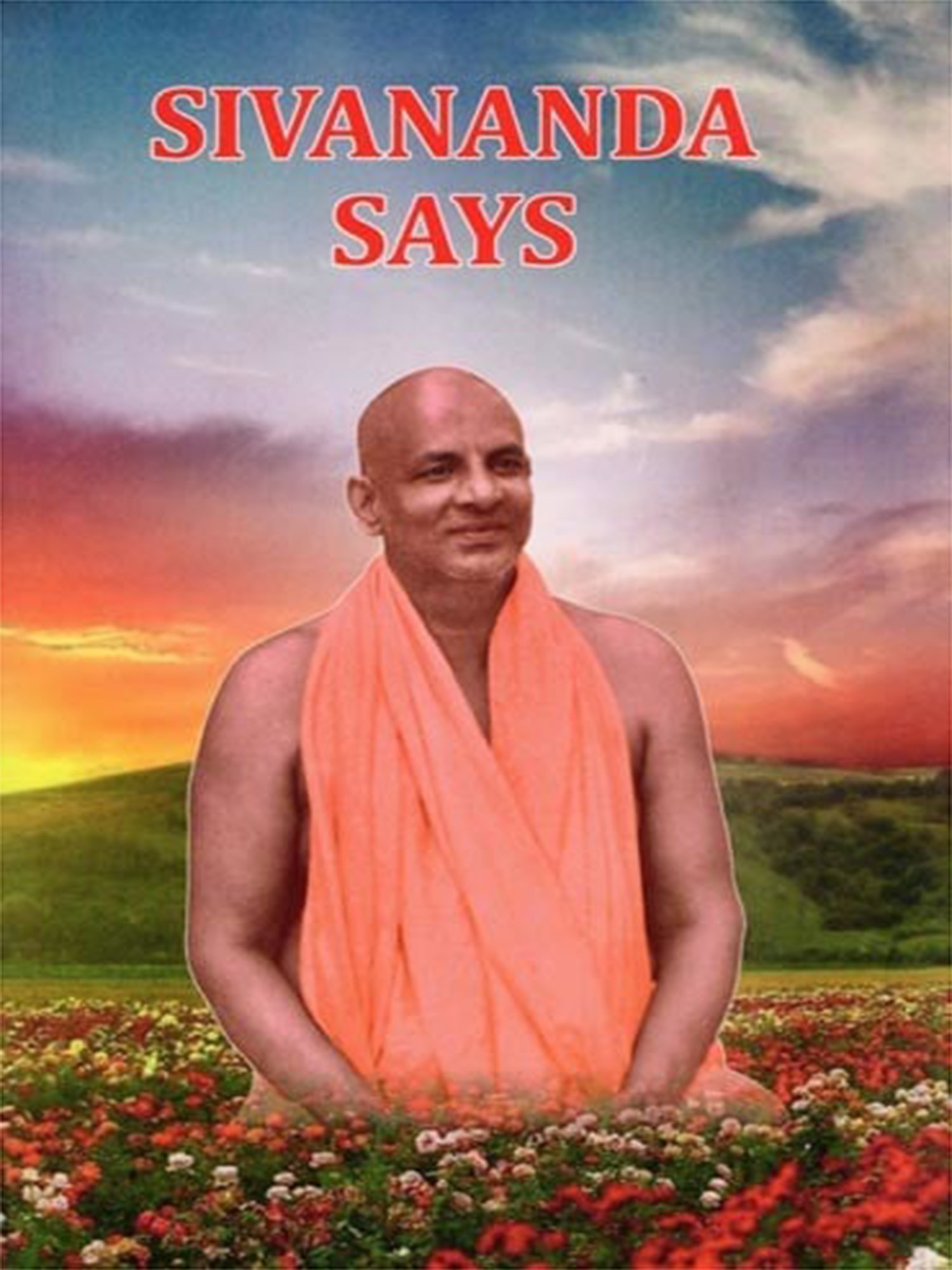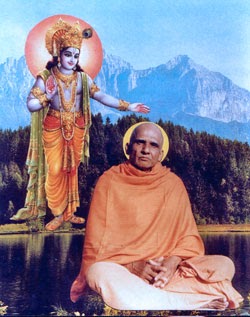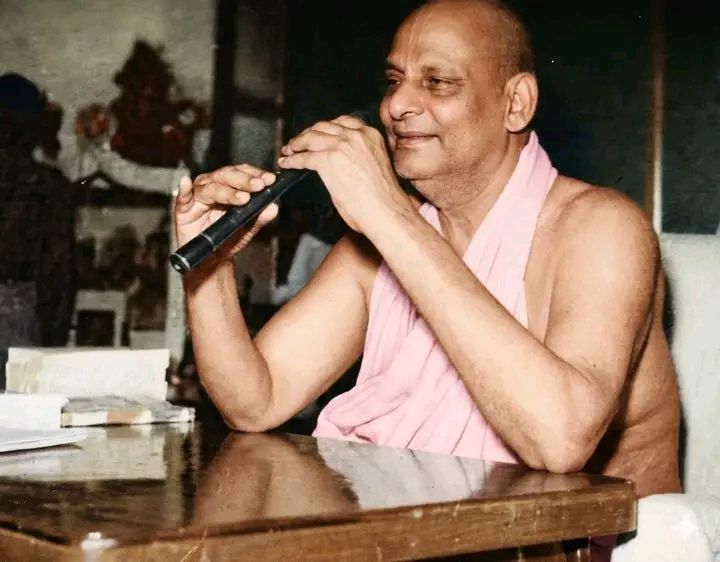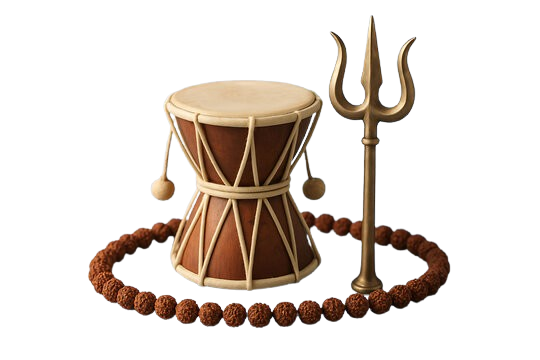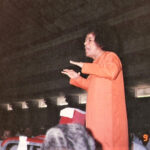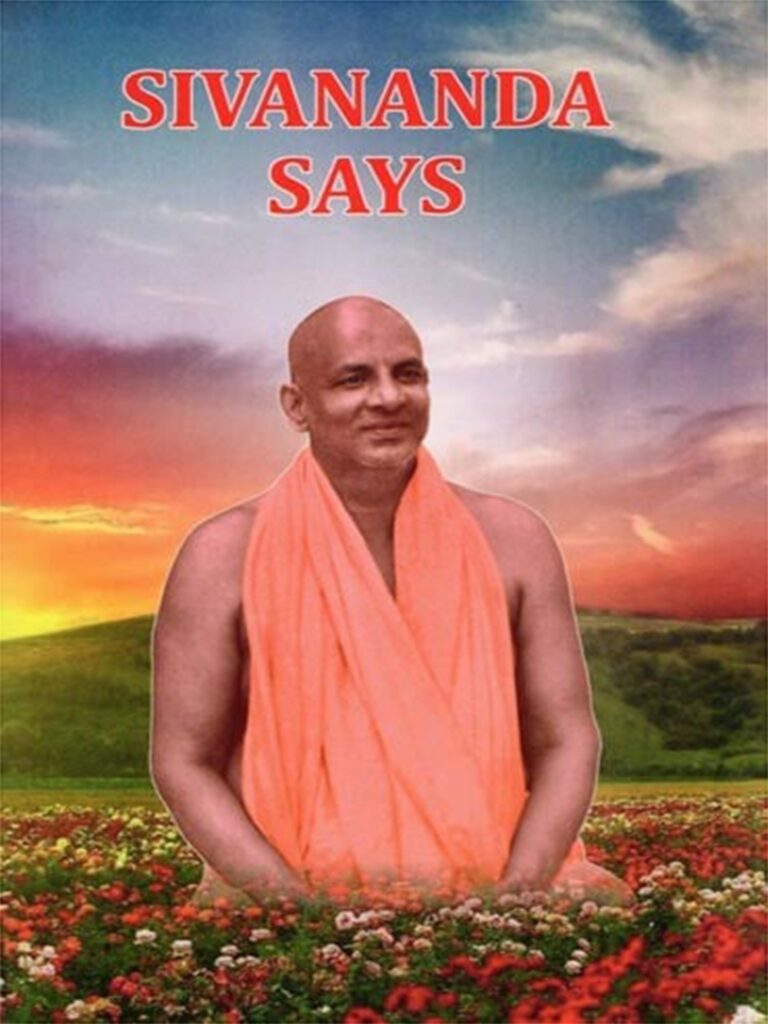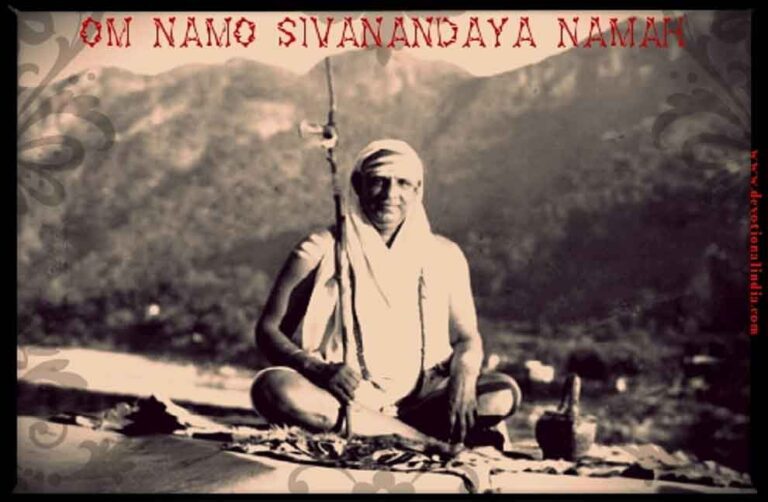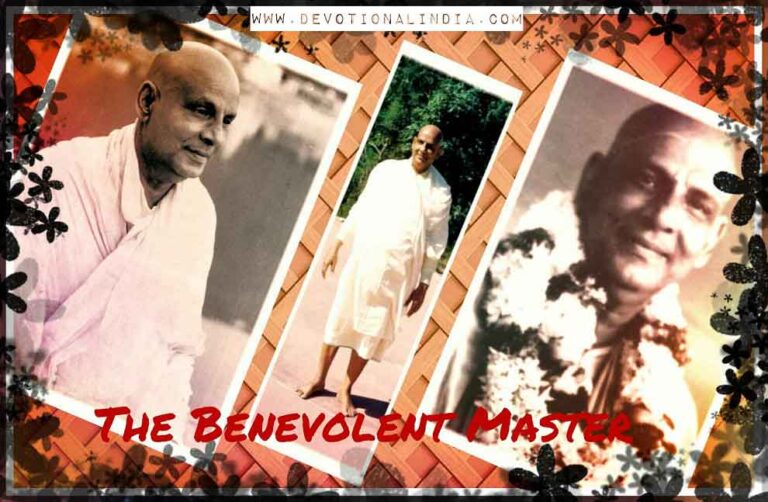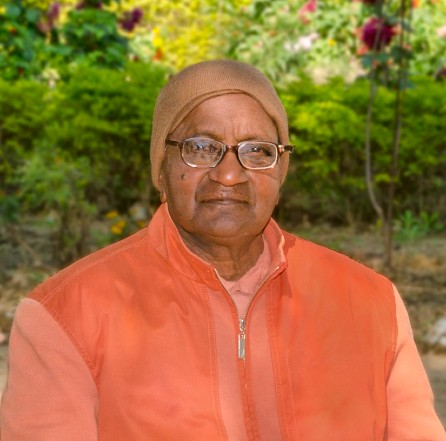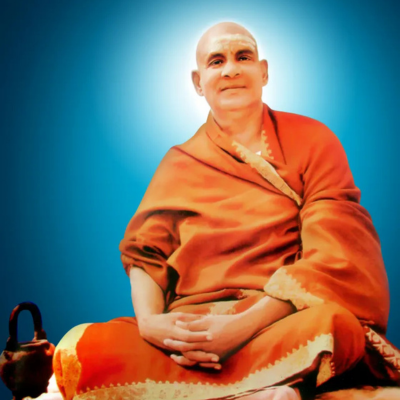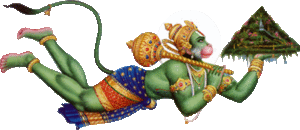Yearn for GOD alone Part – forty Eight
Yearn for GOD alone
The Veda Purusha Sapthaha Jnana Yagna is the vedic sacrifice performed during Dasara Celebrations in Prasanthi Nilayam every year. And during these seven days of the sacrifice, Swami blesses all the devotees with His divine benedictory discourses. Let’s recapitulate Swami’s divine message during one of these occasions more than a decade and half ago in 1989.
The man who is filled with love has great peace of mind, is pure at heart and is unruffled by any adverse circumstances, failures or losses. This fortitude is derived from love of the Lord, which endows him with self-confidence. Self-confidence generates an immense internal power. Everyone has to develop this power. Everyone has to develop this self-confidence so that the Atma-Ananda (bliss of the Self) may be experienced.
Love should be free from feelings of expectation of any return or reward. Love which arises out of a desire for something in return is not true love. Utterly selfless and motiveless love should be developed. This is the bounden duty of man.
You should not pray to God seeking this favour or that. The reason is no one can know what immensely precious, Divine and magnificent treasures lie in the treasure-house of Divine Grace. No one can know what God intends or desires to give to a devotee. In such a situation by asking for trivial and petty things, man is demeaning his Divine estate.
No one can understand what valuable, sacred and Divine favours God chooses to confer on a deserving devotee. Hence man should not seek from God, nor desire, nor pray for some petty trifles. More precious and desirable than anything else is God’s love.
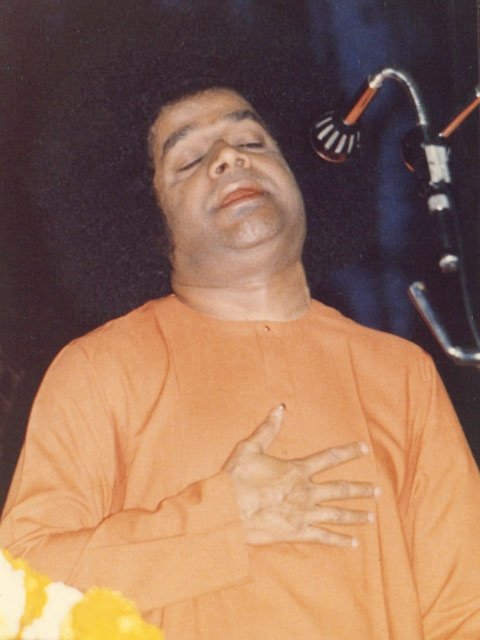
God has a partiality for the human form. “Daivam maanusha rupena,” it is said. (God has to be experienced in the human form). It is only when God is regarded as friend and a companion that He is pleased most. By addressing Him as: “Oh, my dearest friend! My beloved one! The darling of my heart,” you can give Him the greatest joy. Instead of that, if He is described as one who is beyond praise by Brahma and other gods, who is not accessible to mind and speech, whose glories are beyond description, who prevailed over the God of Death, who was born as the son of Devaki and Vasudeva…and so on, and then He is entreated to confer His grace on you, there is an element of the ludicrous in the comparisons made. Such praise even savours of envy. When you say, “Oh Lord!you have talked to them and given them so much! Why don’t you come to my help?” the comparison seems to stem from jealousy.












